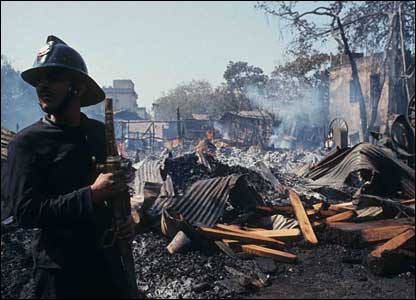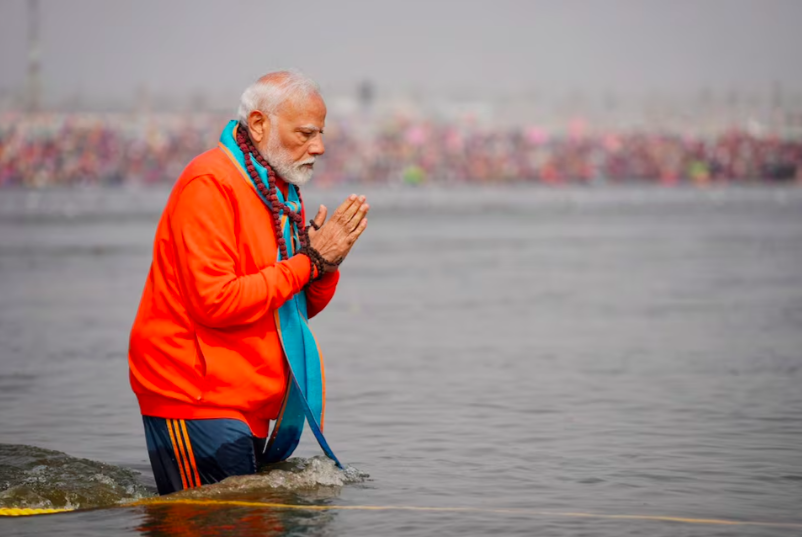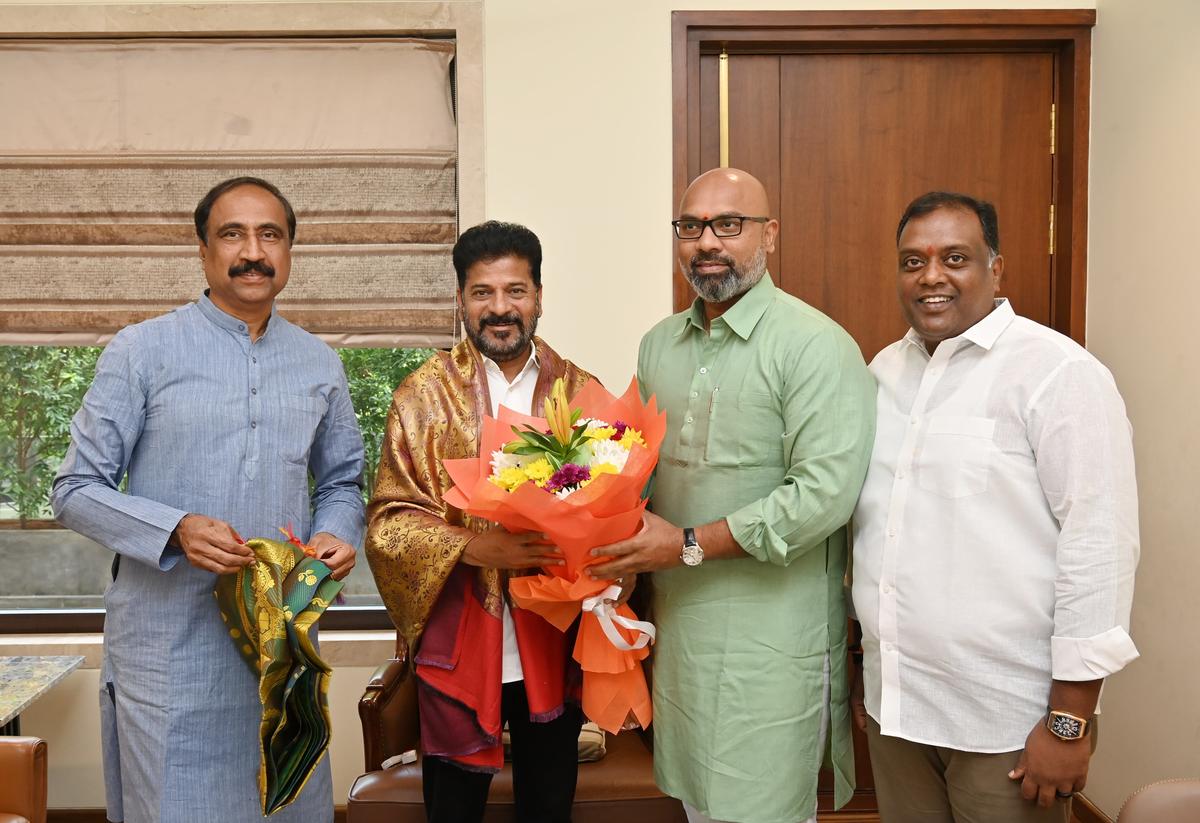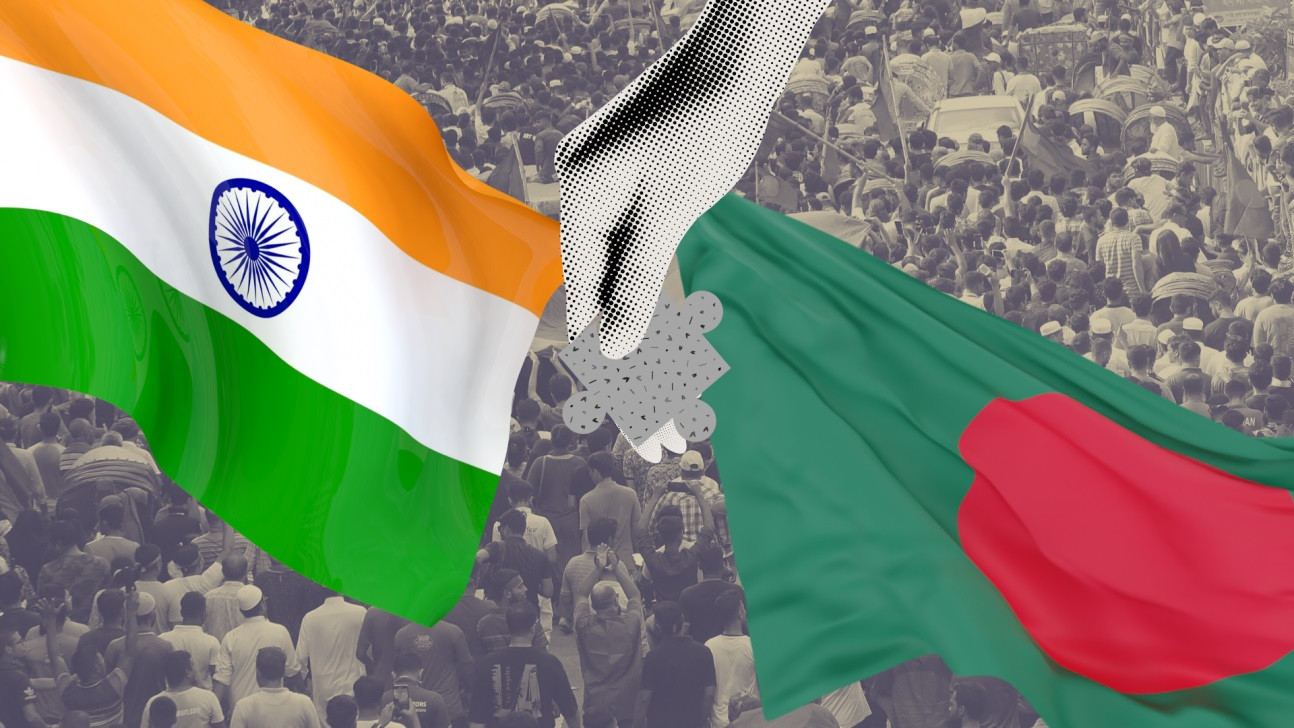By Teesta Setalvad
The Congress-led Democratic Front (DF) government in Maharashtra is a year away from completing two terms in power. Quite apart from the rest of its record vis-à-vis electoral promises, this government’s failure to deliver on justice to victims of the 1992-1993 pogroms in Mumbai following the Babri Masjid demolition smacks of political doublespeak.
In 1999, and again in 2004, ‘implementation of the Justice BN Srikrishna Commission report’ topped the alliance manifesto’s list of pre-poll promises. As CC investigated and reported last year, following Right to Information (RTI) applications made by its co-editor Teesta Setalvad, the policemen indicted in the Mumbai violence were let off by the DF government with token punishments, if any. As for politicians responsible for fomenting violence through hate speech, it was the state executive’s procrastination and the state judiciary’s acquittal of Shiv Sena (SS) supremo Bal Thackeray and other members of the political class that has accorded impunity. Madhukar Sarpotdar, Manohar Joshi and Gopinath Munde were some SS-BJP politicians accused in serious criminal cases who escaped judicial indictment. Under the SS-BJP government, a DGP-level committee under Arvind Inamdar was appointed to scrutinise 1,371 ‘A’ summary (true but closed) cases and decided to reopen/reinvestigate 112 of these. Of the 112 cases reopened, charge-sheets were filed in only eight cases. Five of these have resulted in acquittal and three are pending trial.
Following the formation of the first DF government in Maharashtra and a cabinet decision in this regard, a Special Task Force (STF) under the police Crime Branch was appointed to scrutinise riot related cases. According to information provided to campaign groups, the STF re-examined the entire record, reopening nine cases and registering eight new cases that found no mention in either the DGP committee’s report or in the Srikrishna Commission report. The eight new cases registered included one against Gajanand Kirtikar, former SS-BJP minister of state for home, whom the STF charge-sheeted.
For over 12 years now, the issue of implementation of the Srikrishna Commission report’s recommendations has been awaiting final judicial attention. Citizens took the matter first to the Bombay High Court and then the Supreme Court (in five separate petitions and two special leave petitions that have now been clubbed together). But despite rigorous efforts to obtain meaningful directions from the Supreme Court, which include the appointment of a monitoring committee to supervise remedial measures, a long line of adjournments has been the only real result so far.
Only twice in the course of this legal battle have the courts responded, without spectacular result. On both occasions this was due largely to public outcry and pressure. First, in 2000, after the DF government filed an affidavit before the apex court detailing failures to act against errant policemen. A series of public meetings followed, including one held by CC and others at Mumbai’s KC College on September 24, 2000 which helped refocus attention on non-payment of reparation amounts to the families of persons who were ‘missing’ after the brutal violence (see CC, October 2000).
Now, six years later, since July-August 2007 the issue has been in focus once again. Not long after the tragic serial train blasts shook Mumbai in July 2006, prompting Judge PD Kode to start delivering his September 2006 judgement in the bomb blasts case of March 1993, this writer began reporting concurrently on the reality and perception of a system of discriminatory justice. About three months before the serial bomb blasts rocked the city and the country for the first time in March 1993, Bombay was torn apart by the politics of hatred and division in which over 1,100 people lost their lives in December 1992-January 1993. A vast majority of those who were targeted, people who were selectively killed and their homes and businesses destroyed, belonged to India’s largest minority, its Muslims.
Thus even as the nation celebrated punishment of the guilty yet bemoaned judicial delay when it came to bomb terror, this was accompanied by the sombre reminder that Maharashra’s police, judiciary and executive had failed to mete out punishment to all those guilty of mob terror.
Once the judgement in the Bombay serial blasts case was read and sentences were meted out, the media began its campaign on the issue of discriminatory justice and the non-implementation of the Srikrishna Commission report. The issue fast spiralled into a mass campaign as newly formed citizens’ groups such as ‘Justice for All’ and ‘Nyaya Andolan’ promised mass agitation and action.
Forced to respond to this public outcry, the state government was compelled to meet citizens’ groups and assured them that justice would indeed be done. Today, five months into the campaign and after more than three dozen meetings with representatives of the state government and the police, the Maharashtra government’s sincerity in its intent to pursue swift prosecution of these cases stands seriously exposed.
Pushed to divulge overall figures and statistics following RTI disclosures and the public campaign, the Maharashtra government has had to admit that in the 894 charge-sheets filed with relation to the mob terror of 1992-1993, the record of convictions is pathetic – only 27 cases have resulted in convictions. Shockingly, as many as 539 cases have resulted in acquittals or discharge, most of which the state has not thought fit to appeal. Seventy-five cases have been listed separately under a ‘Dormant File’ on the grounds that the accused are absconding.
During extended discussions between citizens’ groups and advocates in the Supreme Court with representatives of the Maharashtra government (including the chief minister, home minister and senior bureaucrats), it was agreed that about 30-35 cases representing premeditation, hate speech and the role of the mahaartis (politico-religious ‘pujas’ organised jointly by both the SS and the BJP locally in Mumbai), all of which resulted in mass crimes, would be selected and assigned to special fast track courts This process began in August 2007. Citizens’ groups have also been arguing with the state for a professional reinvestigation team of the highest calibre and integrity. Without fresh investigations, the lapse of time could seriously hinder the quality of evidence in the cases assigned to the special fast track courts. It is also necessary that a team of specially appointed public prosecutors be instituted and without which the entire exercise would be rendered meaningless as none of the cases would actually result in convictions.
Campaign groups also insisted that cases against politicians like Bal Thackeray, Gopinath Munde and Madhukar Sarpotdar, which had resulted in acquittal due to weak prosecutions or poor judgements, should be appealed after the courts had been asked to condone delay. None of this has been done. Even the case against Gajanand Kirtikar, pending in the Jogeshwari Sessions Court (CR No. 8/93), has not been picked for transfer to the special fast track courts.
In the most recent communication between the government and citizens’ groups in late December 2007, citizens were informed that 16 cases had been marked out for transfer to the special fast track courts. But for two exceptions, the RD Tyagi firing (Usman Suleiman Bakery) case, as also the case involving another policeman, former inspector Wahule, it is evident from a perusal of this list that the DF government is disinclined to prosecute the more serious crimes or criminals.
Worse still, the state of Maharashtra continues to criminally prosecute and harass eyewitnesses who have been privy to brutal actions by the Mumbai police. It has been a demand of the citizens’ campaign that specious cases against both Farooq Mapkar (eyewitness to the Hari Masjid firing in which six persons were shot dead by PSI Nikhil Kapse) and Maulana Nurul Huda of the Darul-Uloom (eyewitness to the Usman Suleiman Bakery firing where nine people were gunned down by policemen led by then joint commissioner of police RD Tyagi) be dropped.
Hari Masjid case
Justice BN Srikrishna, while examining evidence in the police case against Mapkar and others filed by PSI Kapse alleging that Mapkar and a mob were responsible for setting fire to slums, dubbed these allegations against Farooq Mapkar, one of those injured in the Hari Masjid firing, as “wholly unbelievable” and “fabricated”. In 2006, a trial court had acquitted 49 other accused in the case for want of evidence. The case dates back to January 10, 1993 when six people died in police firing at Hari Masjid in Sewri. The police claimed they were attacked by an armed mob of 2,000-2,500 persons and fired in self-defence. Nikhil Kapse, then a subinspector at RAK Marg police station, filed a complaint alleging that the mob set some slums on fire in a Hindu locality near the mosque. This was obviously an attempt by Kapse to trap those who were witness to his illegal and brutal acts.
All the accused, except Mapkar, have been acquitted; Mapkar was 35th on the list. He was also one of those injured in the firing and a witness to the entire incident. In 2006, Mapkar’s case was separated from the rest on the charge that he “was not cooperating”. In September 2007, even as dialogues with citizens’ groups continued, the Mumbai police filed a fresh charge-sheet against Mapkar, now charging him with murder and rioting. Policemen Arun Ghadge and NG Wayal performed this task even as the campaign to ‘Punish the Guilty’ was under way. Interestingly, however, in 2006, during his deposition before the court which acquitted the remaining accused, Ghadge claimed that he was not even in the locality on the day the incident took place. Curiously, the fresh charge-sheet against Mapkar comes after the campaign gathered momentum and only serves to demonstrate the Mumbai police’s utter reluctance to prosecute those guilty of mob terror in 1992-1993, particularly its policemen.
To recapitulate events – the Srikrishna Commission report held Kapse, now an assistant police inspector, “guilty of unjustified firing” and “inhuman and brutal behaviour”. The commission recorded victims’ statements on “how the police resorted to unprovoked firing”.
Clearly, the state of Maharashtra’s public stance and the behaviour of its own police force within the courtroom are proving contradictory. Even as the ‘Justice for All’ campaign built up (and other accused in the fabricated case were acquitted) Mapkar, an eyewitness and victim of police brutality, is today being further victimised.
Thus Farooq Mapkar, who is accused in RAK Marg Police Station CR No. 17/1993, has been compelled to address the high court for redressal against this injustice and has filed a writ petition in the Bombay High Court asking that his matter be transferred for investigation by the CBI. In yet another cynical round of musical chairs, while the Maharashtra government assured Mapkar and campaign groups that the matter would indeed be transferred for investigation in October 2007, a month later the CBI announced that it had declined to accept the relevant Maharashtra government order.
Usman Suleiman Bakery case
One of the worst incidents of December 1992-January 1993 was the gunning down, in cold blood, of nine labourers and bakery workers in the premises of the Usman Suleiman Bakery at Chunabhatti by a contingent of policemen led and inspired by the then joint commissioner of police RD Tyagi. Tyagi and his men attempted to justify their brutal actions by claiming they were gunning down Kashmiri terrorists! This is another of the 1992-1993 riot related cases that has deliberately not been seriously prosecuted by the state and worse, has resulted in a key witness to the incident, Maulana Nurul Huda, being harassed and persecuted through a criminal prosecution against which he has filed a criminal revision application No. 357/ 2002-2003 which is pending before the Bombay High Court. A daily wage earner, Huda’s life has been reduced to a series of interminable court appearances against a malicious and motivated prosecution.
Following the STF’s reinvestigation of this case, a first information report was filed by a policeman, Mirza Baig, in 2000. Tyagi and 17 other policemen were prosecuted but through an order dated April 16, 2003, a sessions court in Mumbai discharged Tyagi and eight of the accused. The remaining accused face trial and the case is still pending. Though in 2005 the state government filed an affidavit before the Supreme Court stating that they would appeal the discharge order in the Tyagi case, no such action has been forthcoming. In a recent about-turn, the state government’s affidavit of December 2007 states that opinion was sought from the concerned public prosecutor (Rohini Salian) who opined that the case was not fit for appeal due to lack of evidence. Now, following increasing public pressure, the state says that the matter is being re-examined by the law and judiciary department to reconsider its decision not to appeal.
The government’s stand in the Supreme Court too leaves much to be desired. It was only after consistent pressure from citizens’ groups that the state government filed a 500-page affidavit accepting some of the contentions laid out by the campaign. But even today, 18 years into a frustrating process of litigation and six months into a renewed citizens’ campaign, we have no guarantees of justice. The ‘secular’ Democratic Front government in Maharashtra appears shifty and morally ambivalent on the issue of punishing the guilty. It seems more comfortable shielding the perpetrators of mass communal crimes, many of whom have joined the ranks of the Congress and NCP themselves.









